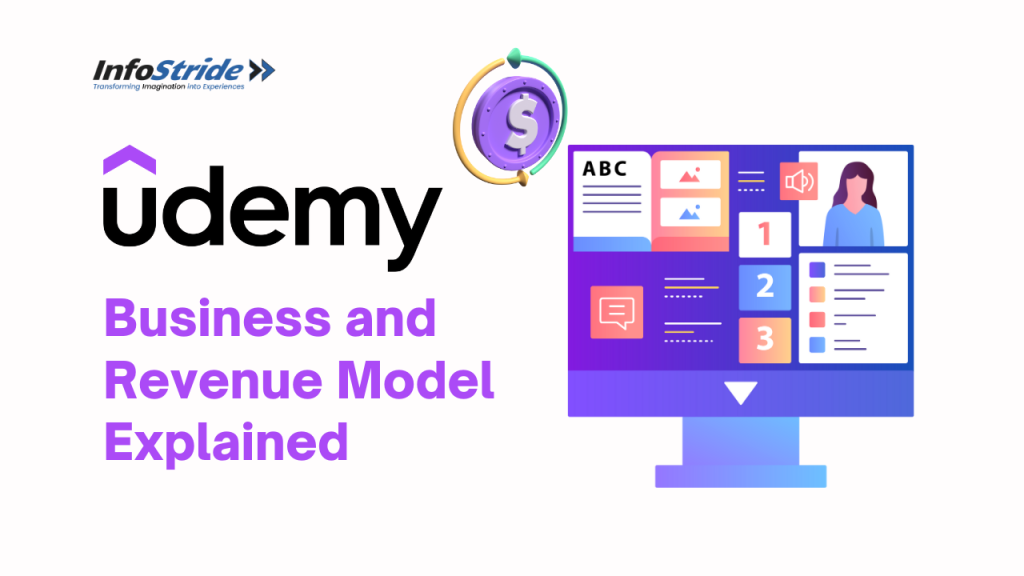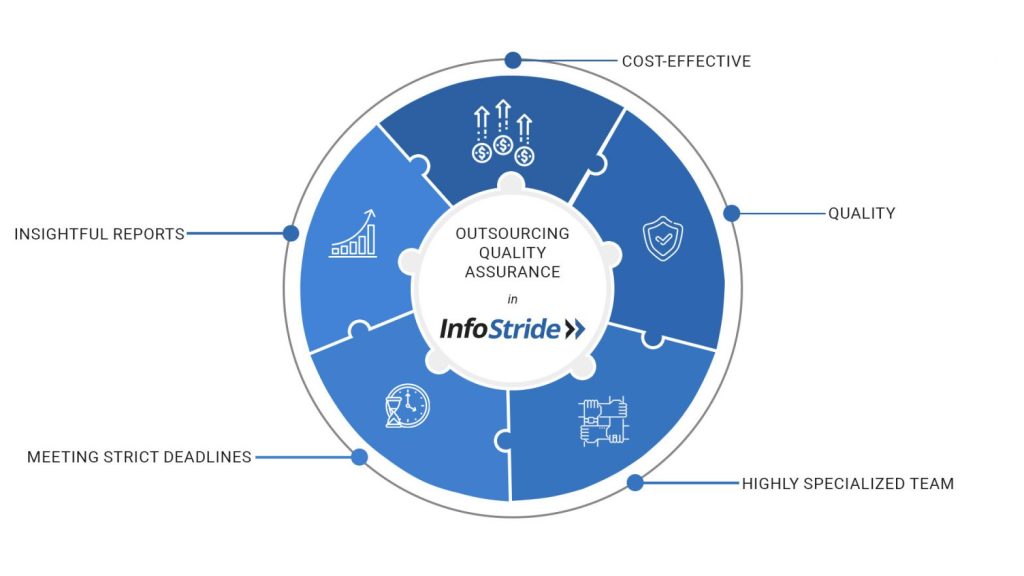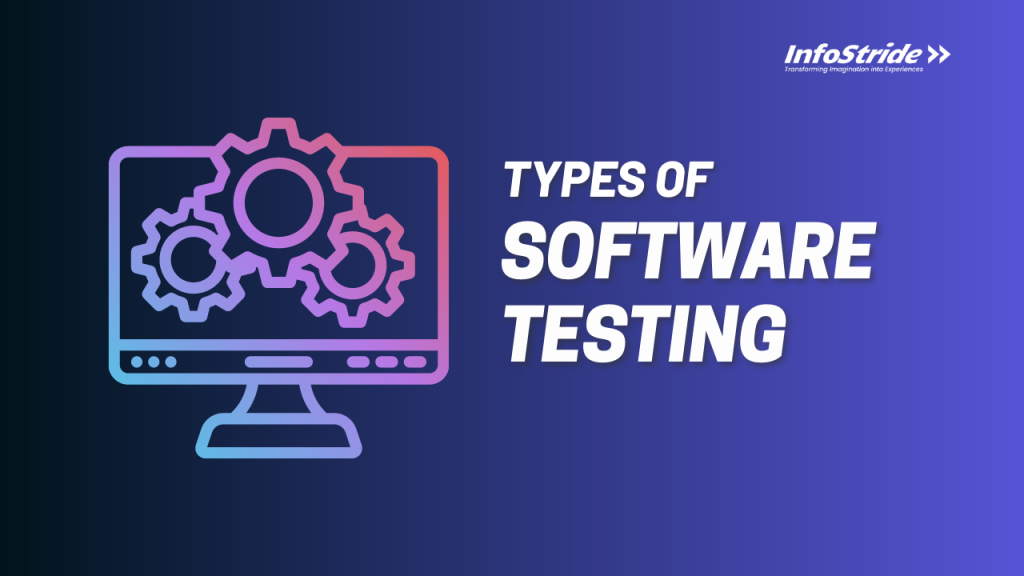E-learning is one of the industries that has witnessed growth during the COVID-19 pandemic due to an exponential increase in usage of online education and learning platforms like Udemy.
In 2019, the global e-learning market was worth $101 billion. By 2026, that number is anticipated to reach over $370 billion. Among all platforms that bring instructors and learners in one place, Udemy is the most popular e-learning platform.
If you’re thinking of building an e-learning platform like Udemy, this guide is exclusively for you. Read on to learn about the Udemy business model – how it works and makes money. But before getting to that, let’s first have a look at what Udemy is all about.
What is Udemy
Udemy is a Massive Open Online Course (MOOC) platform. In simple terms, this online e-learning platform enables unlimited participation from learners around the globe.
All courses on Udemy are taught by third-party instructors. Students and professional adults can enroll in these courses. Well, the ultimate goal of Udemy is “transforming lives through online learning”.
What makes Udemy unique is anyone can create a course on the platform. In other words, a student can become an instructor and vice-versa.
If we talk in numbers, Udemy is growing at a fast pace. Currently, the platform boasts:
- 40+ million students
- 155,000 courses
- 70,000 instructors
- 65+ languages
- 480 million course enrollments
- 7,000 enterprise customers
Udemy vs. Other e-Learning Websites
The key competitors of Udemy include Coursera, edX, Udacity and others. All these are MOOC platforms. The pandemic has expedited the growth of Udemy – the number of online courses by the platform increased by 60% during 2020.
What’s more? According to Google Trends, Udemy is one of the only e-learning platforms whose interest over time has been above all other platforms for the last 12 months.
If we see who’s at the forefront when it comes to FPNV Positioning Matrix for the e-learning market, then it’s none other than Udemy.
Note*: The FPNV Positioning Matrix gauges and categorizes the vendors in the e-learning market on the basis of factors such as business strategy and product satisfaction to help business owners like you in making smart decisions by gaining a solid understanding of the competitive landscape.
Key Stats and Facts About Udemy
- Year of Foundation: 2010
- Founders: Eren Bali, Gagan Biyani & Oktay Caglar
- Headquarters: San Francisco
- Industry: e-Learning
- Business Model Type: Marketplace Business Model
- Total Funding Amount: $311.4M (according to its Crunchbase Profile)
- Valuation: $1B – $10B (As of Dec 25, 2020)
- Number of Investors: 31
Udemy Story: What’s the Reason Behind Its Success?
Udemy didn’t get to taste success overnight. In February 2010, the founders of the platform attempted to raise venture capital funding. Unfortunately, the idea failed to entice investors and instructors to begin teaching learners on their platform. Surprisingly, the idea got rejected 30 times by investors.
One of the founders spent the first 6 months cold calling instructors and requesting instructors to create courses on their platform. Since their platform has no solid reputation or any success story of instructors making a decent living through their website, nobody created courses on Udemy.
Witnessing the situation, the founders of the platform bootstrapped the platform’s development and came up with the Udemy—”The Academy of You”— in May 2010.
In other words, the Udemy team came up with an idea i.e., creating and hosting their own course as a strong case study to inspire instructors for doing the same.
Udemy leveraged as many channels as possible to sold the first course. Amazingly, the first course made on the platform generated $30,000 within a few weeks. And their idea worked. Udemy found its first 1,000 instructors who created around 2,000 courses on the platform.
Seeing the remarkable results from the market, the founders moved ahead with another round of funding and raised $1M in August as the seed funding. And Udemy is still thriving. Read on to have a look at Udemy’s success timeline.
The Successful Timeline of Udemy
Here’s a quick overview of Udemy’s success timeline.
| February 2010 | Founded |
| August 2010 | Raised $1M (Seed Funding) |
| October 2011 | Raised $3M (Series A Round) |
| December 2012 | Raised $12M (Series B Round) |
| May 2014 | Raised $32M (Series C Round) |
| June 2015 | Raised $65M (Series D Round) |
| June 2016 | Raised $60M (Series D Round) |
| February 2020 | Raised $50M (Series E Round) |
| November 2020 | Raised $50M (Series F Round) |
Udemy’s Customer Segments
Udemy is a platform for instructors to share their knowledge and students & professional adults to enhance their skillsets. It also provides exclusive plans for established companies to upskill their whole organization.
Therefore, customer segments of Udemy are:
- Students & Professional Adults: People interested in learning through online courses
- Instructors: People interested in making decent money by sharing their knowledge
- Business Customers (Udemy for Business): Companies that want their employees to keep pace with the latest skills via virtual training to drive the business outcomes
Value Propositions Offered by Udemy
Udemy is a leading e-learning marketplace that provides a unique set of benefits to its each customer segment.
Have a look below to know more:
For Students & Professional Adults:
- Access to a wide variety of online courses (both free and paid) and instructors
- Empower them to learn new skills anytime and anywhere
- Paid courses are starting from as low as $9
- A certificate of achievement after completing the course
- Online courses are available in multiple languages
Instructors:
- A platform to share knowledge and earn money
- No charges for creating and uploading the courses
- Free-to-use design tools to make courses attractive
- Access to a huge audience around the world
- Full control of the content uploaded by instructors
- Instructor Support Team ready to help for reviewing courses
Business Customers (Udemy for Business):
- On-demand courses to help employees upskill
- Access to highest rated courses
- 24/7 customer support
- Ability to track employee’s progress
- Empower admins to create user groups, assign courses, add & remove courses
- Access to 4,500+ courses in more than 11 languages
The Udemy Business Model
Udemy works on a marketplace business model like popular e-Commerce websites like eBay. It doesn’t own any product or service. In simple terms, Udemy acts as a mediator between instructors and learners – just like eBay acts as a mediator between buyers and sellers.
On Udemy, instructors decide the cost of their courses. Udemy earns commission from instructors for giving them access to its platform for selling to millions.
Here’s how Udemy works for learners and instructors.
1. Learners (Students & Professional Adults)
Udemy courses across different categories such as development, business, finance & accounting, IT & software, design, marketing and more are on-demand. Learners can commence the course whenever they like and complete it at their own pace.
- Finding Course: Learners can access courses from different devices and platforms such as the laptop, desktop or Udemy’s mobile app. Learners can take advantage of the search feature to find a particular course they want to enroll in.
- Enrollment in Course: Once finding the course, learners can then click on the “Add to cart” or the “Buy Now” button to proceed ahead. If the course is free, they can simply click on the “Enroll Now” button to start learning.
- Payment: There are several payment methods through which learners can purchase the course. Once completing the payment, learners can then commerce the course and track the process via the “My Learning” page.
2. Instructors
Udemy courses are in the form of videos, slides and text. Instructors (also known as course creators) can add additional resources to enhance the learning experience of learners.
- Course Planning: Udemy provides the Marketplace Insights tool to help instructors choose a promising topic and a handful of resources for creating a course.
- Recording Video: With the help of basic equipment such as a camera or microphone, instructors can then record a video. Udemy recommends 2 hours or more of video for paid courses.
- Polishing Course: Instructors upload final course videos along with all resources. Udemy has a bulk uploader feature to make the task of publishing courses easy. In this step, instructors also complete tasks such as defining their course summary, writing their instructor bio and setting the course price.
- Publishing Course: Instructors publish the course for review. The Udemy Review Team gauges the course and provides the necessary feedback. The course is published on Udemy upon approval.
The Udemy Revenue Model
Udemy makes money in several ways, which are described below:
Subscription Revenue Model (Udemy Pro)
Udemy has a subscription revenue model in the form of Udemy Pro.
Udemy Pro introduced for students interested in accomplishing IT certifications is a monthly subscription service. Udemy earns revenue by charging students and professional adults a monthly $19.99 fee in exchange for providing unlimited access to subscription content.
Udemy Pro Cost: $19.99 per month
Revenue Sharing Model (Instructor Revenue Share)
Also known as the performance-based income model, the revenue sharing model is the distribution of the total revenue generated by the sale of products/services between the contributors/stakeholders.
Udemy’s revenue sharing model is in the form of Instructor Revenue Share. In other words, Udemy splits revenue with instructors from paid courses – when students purchase a course.
Here are the three types of revenue shares on Udemy:
⦁ Paid acquisition (75% to Instructor and 25% to Udemy)
When the student purchases the course via Udemy’s paid ads on Google, Facebook or any other paid channels, Udemy earns 75% of the course revenue.
⦁ Udemy organic (50% to Instructor and 50% to Udemy)
When the student visits the website and purchases the course without a coupon code or referral link, the instructor and Udemy share 50% of the course revenue.
⦁ Instructor promotion (97% to Instructor and 3% to Udemy)
When the student purchases the course via an instructor coupon code or referral link, the instructor will earn 97% of the course revenue and Udemy earns 3% of the course revenue.
In addition to these revenue models, there are other ways in which Udemy and the instructor split the revenue earned i.e., affiliate sales. When it comes to affiliates sales, the revenue is shared not just between the instructor and Udemy but also with an affiliate.
B2B Revenue Model (Udemy for Business)
Udemy has a B2B revenue model in the form of Udemy for Business.
Udemy for Business is exclusively for companies and their employees. More than 7,000 companies around the world rely on Udemy for Business for their employee upskilling. Udemy earns revenue by offering two subscription plans to companies that they can choose depending on their team size.
Team (5-20 users): $360 per user/year
Enterprise (21 or more users): custom pricing
The Future of Udemy in 2021 & Beyond
Due to the pandemic, online learning has become the new normal. While many other sectors and businesses have been affected badly by the pandemic, businesses across the Edutech industry have witnessed an escalating number of users.
With many new instructors created courses on Udemy to earn money during the challenging times and leading companies investing in the platform, it’s safe to say that the future of Udemy is bright.
What’s more?
Recently, Udemy has acquired CorpU in order to expand its leadership development capabilities. Being a front runner in the online leading landscape, CorpU delivers online and cohort-based leadership development programs.
CorpU’s leadership training programs leverage the potential of group learning, executive & peer coaching and experiential learning activities associated with business results.
“With Udemy’s real-world expert instructors and CorpU’s experienced professors and peer-to-peer learning capabilities, companies can build agility and resilience in teams to take on today’s toughest challenges. We believe that CorpU will allow Udemy to help companies go further in upskilling initiatives and deepen collaboration and leadership capabilities through immersive learning experiences.” – Gregg (one of Udemy’s founders) said.
Interested in Creating an e-Learning Website Like Udemy?
When you decide to build an e-learning platform like Udemy, you also need to come up with a budget for the development of your online learning website. You can either build an in-house development team or hire a dedicated remote development team to develop your website.
Today, many companies are embracing remote work by taking advantage of the remote talent. Above all, building remote teams provide significant cost-savings benefits to businesses over setting up an in-house development team. With remote teams, you can save on infrastructure, training, tech equipment and utilities (electricity, Wi-Fi).
We at InfoStride have flexible engagement models to hire our remote developers. We can deploy resources on a full-time, part-time, hourly, monthly or project basis.
Our remote developers are pre-vetted and well-trained by subject matter experts to deliver support for every phase of your projects. We have a state-of-the-art development center in India with stringent security policies so that your remote team can work on your projects securely.
From onboarding to onboarding, we take care of everything.
Still, have questions? You can schedule a free consultation session with our experts to clear any doubts regarding hiring remote developers.
Conclusion
With many learners, instructors and established companies giving preference to Udemy as the ideal e-learning platform, building a website like Udemy can be lucrative.
The very first step when it comes to taking action is understanding the Udemy business model. Through this post, we’ve covered every key aspect of Udemy you should know before creating a site like it.
If you feel we miss something crucial related to Udemy, let us know in the comments below.
THE AUTHOR
Infostride











